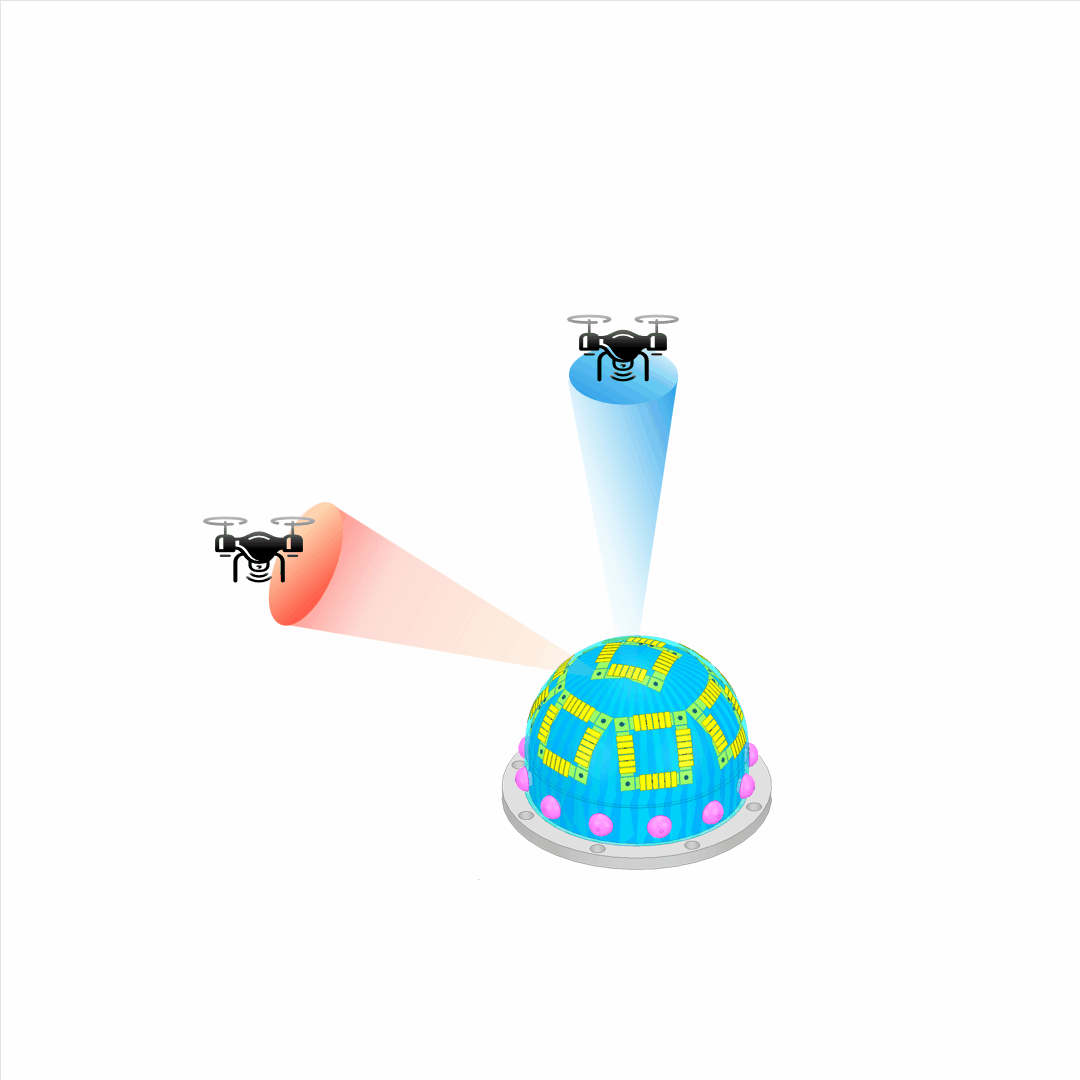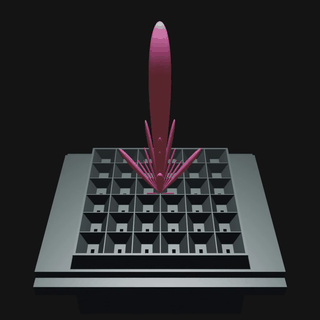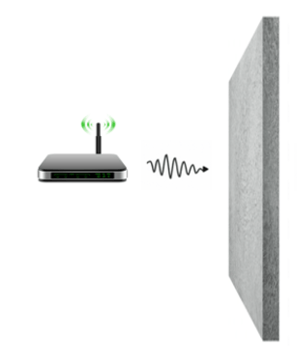About the Transactions
Since 1952, this journal has delivered many thousands of articles on a wide range of topics of interest to specialists, practicing engineers, educators and students in the field of interest of the IEEE Antennas & Propagation Society (see Scope of Articles in the Transactions). The Transactions publishes 12 issues per year and occasional Special Issues amounting to about 11000 pages annually.
Author contributions of relevant full length Papers and shorter Communications are welcomed. All papers and reviews are submitted via the IEEE Author Portal. Before submitting a paper for review, please refer to Information for Authors.
The success of the Transactions depends heavily on its volunteer reviewers. If you wish to be a reviewer, please refer to Want to be a Reviewer for the AP Society? and contact the Editorial Assistant.
The AP Society is grateful for the support of the organizations and companies that contribute to the Institutional Listings that appear on the back page of the journal.
Fast Facts
Impact Factor
Eigenfactor
Article influence score
CiteScore
Article views
and downloads*
Peer Review
The articles in this journal are peer reviewed in accordance with the requirements set forth in the IEEE Publication Services and Products Board Operations. Each published article was reviewed by a minimum of two independent reviewers using a single-anonymous peer review process, where the identities of the reviewers are not known to the authors, but the reviewers know the identities of the authors. Articles will be screened for plagiarism before acceptance.
Data and Code Sharing

Make your work more transparent and useful to other researchers by publishing reproducible research.
Articles published with datasets/code meet the requirements of FAIR (Findable, Accessible, Interoperable, and Reusable) research, and receive increased visibility, which leads to a higher number of citations and boosted impact. By leveraging the data and code sharing opportunities offered through IEEE DataPort and Code Ocean, you can maximize the impact of your research, ensure compliance with many funding agency open access requirements, and align with the principles of openness, transparency, and equity in the research and scholarly environment.










